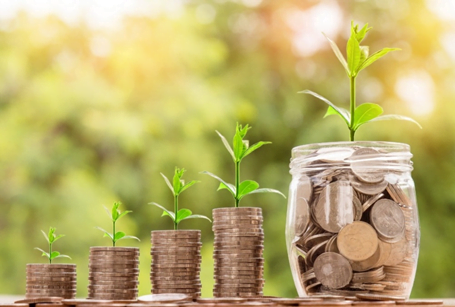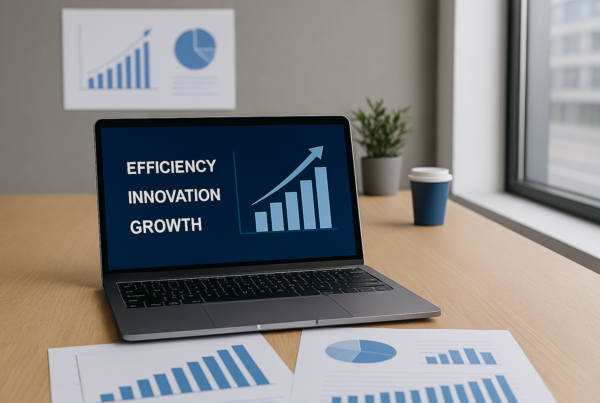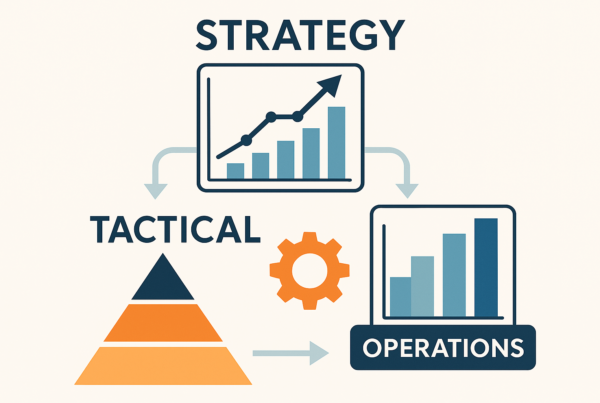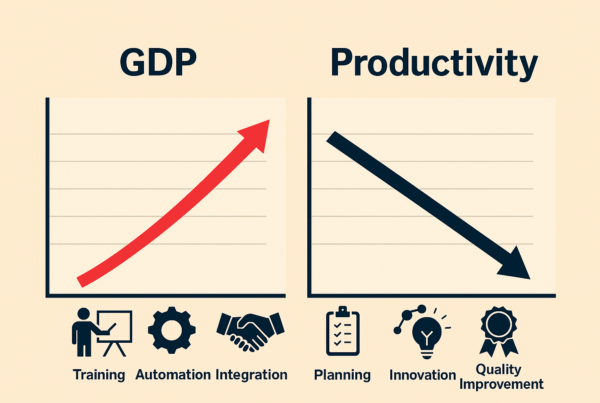
“The journey of a thousand miles begins with the first step”
Lao Tzu
Any long and life-changing venture starts with a single step. And then another step, and then another. However, as humans, we are likely to prioritize instant gratification over delayed appreciation. Because of this, we tend to ignore the process and want to jump from the start straight to the finish. Many young entrepreneurs want to start their business and immediately skip to the point where they own mansions and drive sports cars. We know from history that this growth is hardly ever possible.
When starting a new venture, it can be easy to get caught up in starting too fast and then burning out. This is why we recommend the “start small” mentality – the idea that any new venture should be started atomically small such that is grows every day and becomes sustainable in the long-term. Starting small has some major intrinsic benefits:
- You get to learn the ropes without too much risk (risk of injury, risk of losing money, risk of getting sick)
- You get to make repetition after repetition, which improves your skills over a long time
- You get your body accustomed to a new type of inertia, and there will be less resistance to its natural homeostasis
- You get to understand the basics in intimate details, such that there are no gaps in your knowledge as your progress further in your endeavors
- Small victories can go a long way in boosting your confidence and gaining momentum
In this article we are going to outline a few examples that will drive the notion behind starting small, with a particular focus on health and wealth. These examples are used to show that many lifetime endeavors can be achieved if you can start small.
Starting your entrepreneurial journey
James Clear calls this type of method the “start now, optimize later” approach. When starting your entrepreneurial journey, you need the bare-bone essentials. Do not fall into the trap of becoming too excited and overshooting the start. One key component to a successful start-up is to reduce the initial costs. With this in mind, it does not make sense to buy the most advanced accounting software or hire an expensive graphic designer for your logo. Any business can start with the most basic building blocks, and then scale up as profits increase. Keep using Excel and mobile data until the need arises to improve on these systems. By starting small, you can perform many repetitions to master your trade.
One important psychological factor to consider is the impact of handling money, whether small or large sums. By starting small, you are allowing yourself to make mistakes without having significant financial losses. Starting small also allows you to overcome and desensitize the emotional strains associated with handling money. Learn to remove the emotional aspects of money while your accounts are still small so that these mistakes are not repeated when your accounts are larger. Remember, if you cannot manage R100, then you cannot manage R1,000 or even R100,000.
Starting your fitness journey
Here is a sample list of all of the elements needed to lose fat and build muscle: caloric deficit, positive nitrogen balance, adequate sleep, designated rest days, cardio, extensive workout program, mind-muscle connection, nutrition plan, supplementation, stretching, warm up and cool down, etc. That is not a comprehensive list and there is already too many things to implement immediately. With the small-start philosophy, you can start by only implementing a nutrition plan first and then adding workouts further down the line. As you progress, more advanced components can be added such as super-sets and training to failure.
The start-small philosophy can help you avoid injuries and thus improve recovery. Imagine you start curling, however your technique is wrong. If you were curling heavy weights, it could have led to a painful injury and kept you out of the gym for a long time. However, if you were curling light weights, this form would not have hurt you and you can easily correct yourself.
Many ambitious people overshoot the start of their fitness journey. They buy sporting clothes, expensive equipment and pricey supplements in the hope that it will bring them what they desire. Once the excitement fades, these items start collecting dust. For this reason, start small: you do not need fancy equipment to do push-ups and squats. Establish those habits, and then improve on them.
Changing your nutrition plan
Your body has become accustomed to eating a certain number of times a day, and receiving a certain number of calories per day. When one decides to change their nutrition plan, these factors are going to change. For example, if you decide to immediately switch from an omnivorous diet to a vegan diet, your body is going to react in many ways to that change. In the same way that many forces create many equal and opposite reaction forces, many changes to your diet will create many reactions in your body – some of which will be against your body’s homeostasis.
If you decide you want to change your diet for whatever reason (health, more energy, less environmental impact) start making small changes to what you eat every day. Incorporate small elements at a time. For example, increase the percentage of vegetables on your plate or drink a glass of water early in the morning. Allow for your body to adjust to these dietary changes to avoid drastic shifts in homeostasis.
Closing Thoughts
There are many benefits to starting any life-changing endeavor in small steps. Do not underestimate the power of tiny gains. Elon Musk started his journey with a tiny computer game, Amazon was originally an online book store and Huawei initially built phone switches. Starting small can help to keep you in the game by reducing risks, allowing for many repetitions to boost and grow your confidence.
About the author
Trishen Naidoo is the co-director of Fulcrum Venture Capital (FVC) and director of Pneuma Capital. FVC have enlisted the services of Nikshen Consulting to assist them with their business development.





Join the discussion One Comment